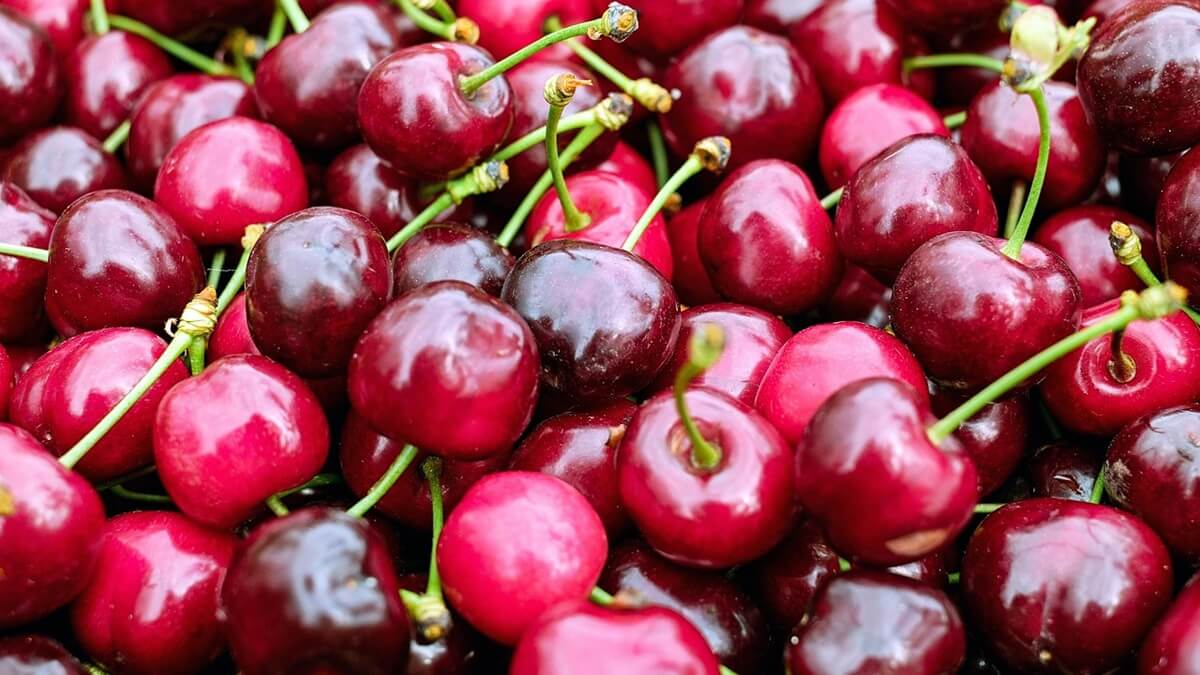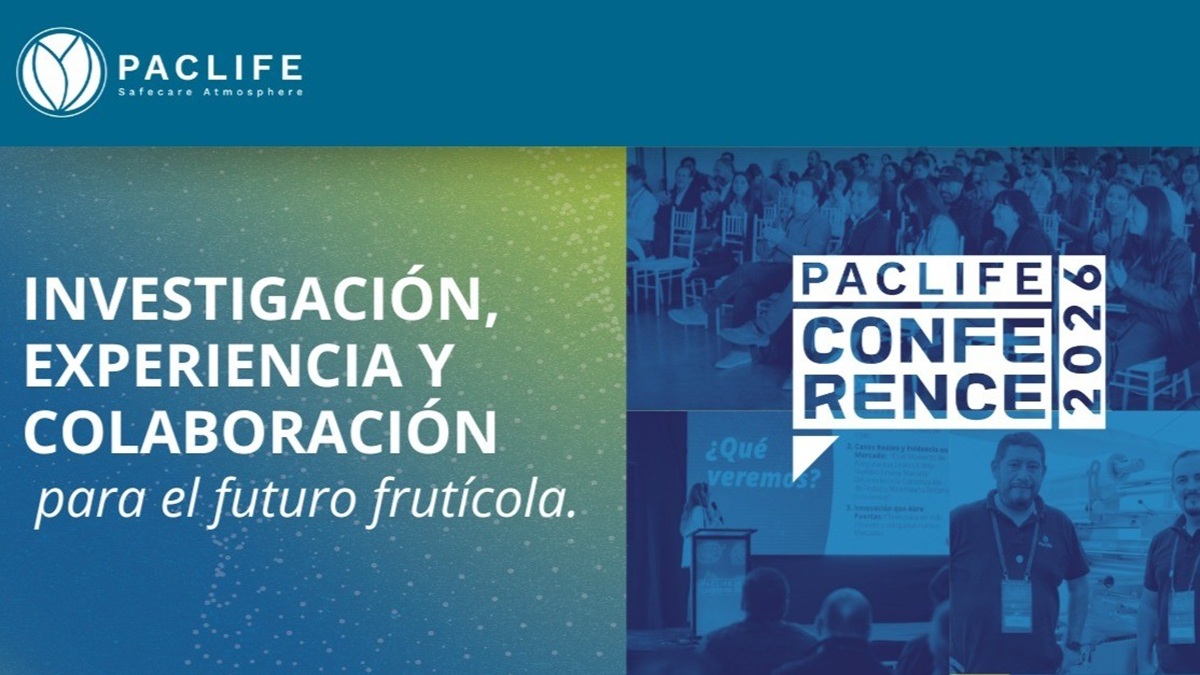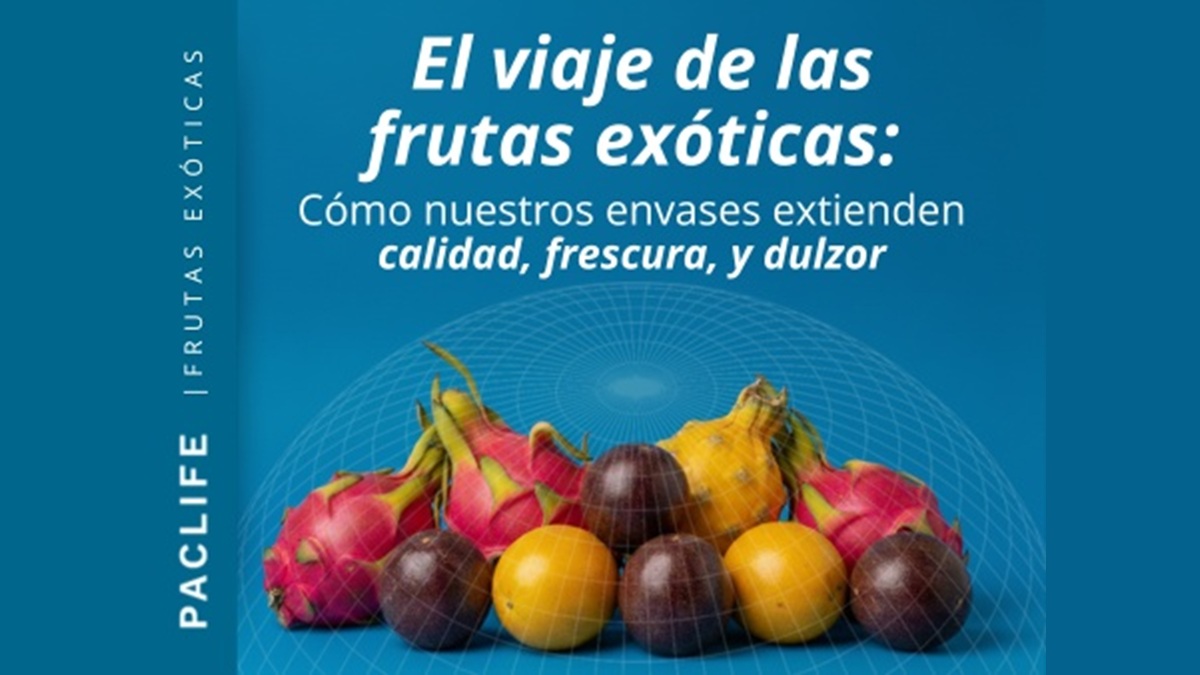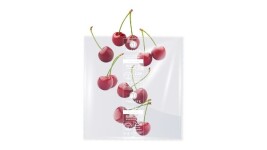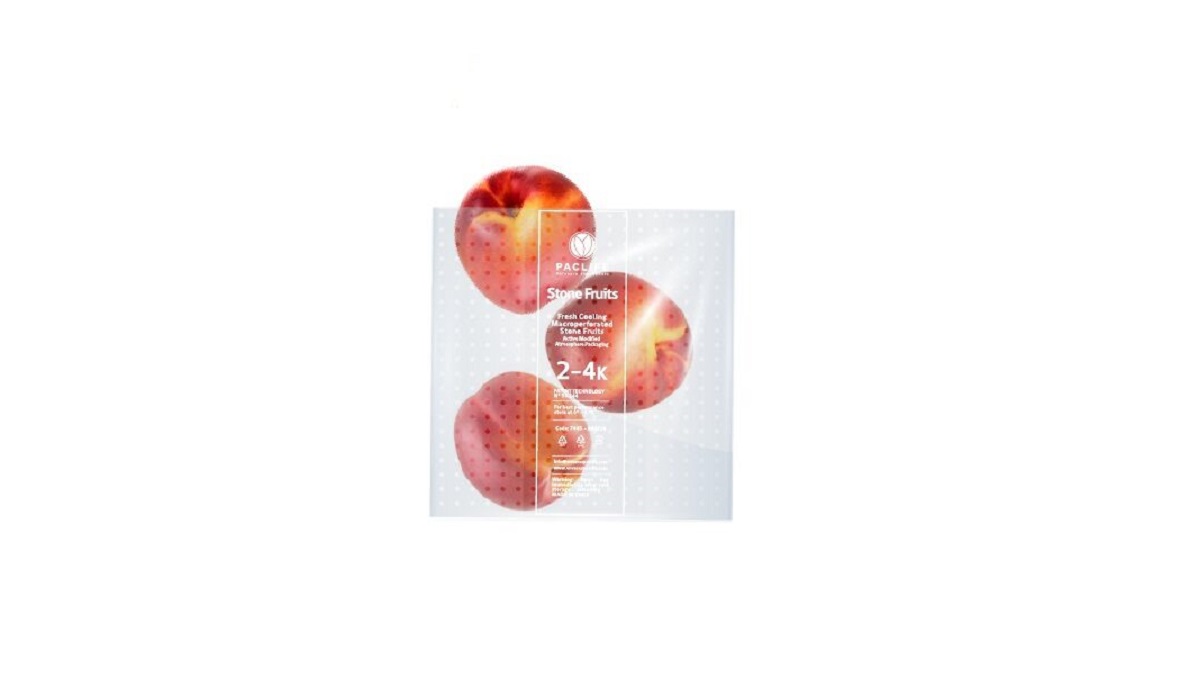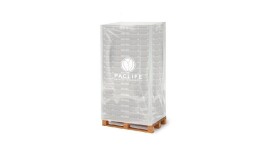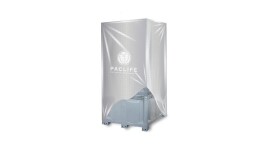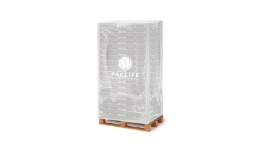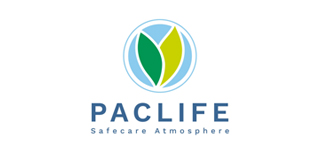

Paclife
Packaging
How smart packaging is transforming the flower supply chain
Packaging technology is redefining Chilean floriculture, preserving beauty and freshness at destination
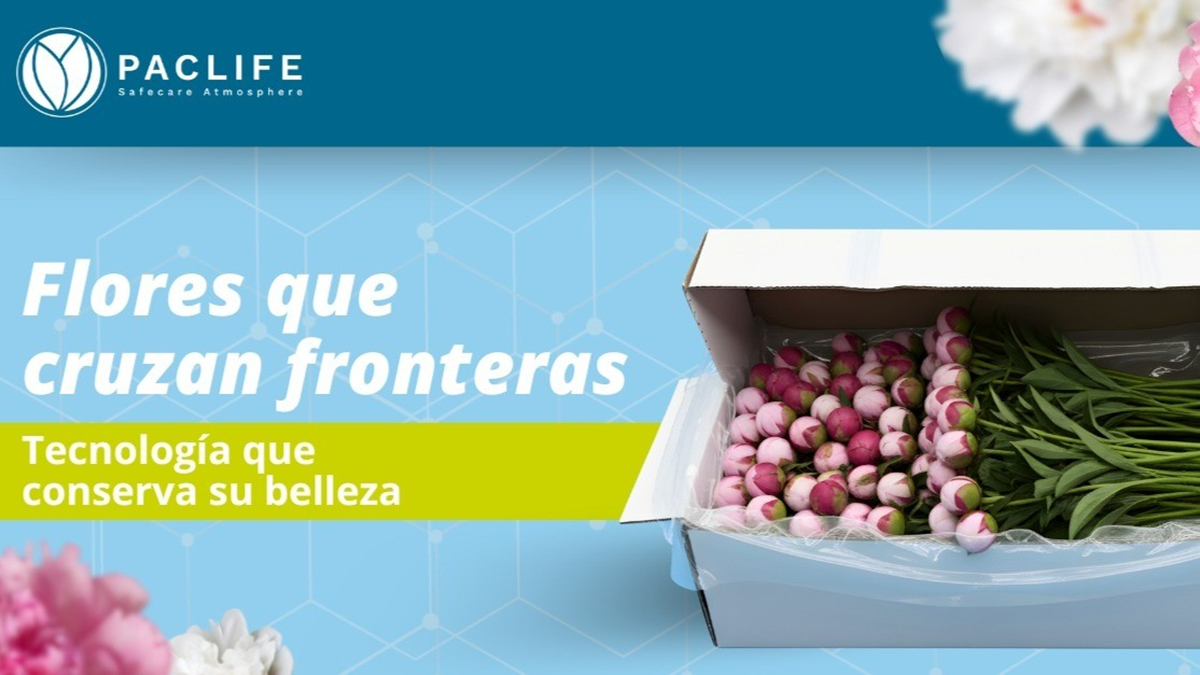
The global fresh flower export business currently represents a market worth more than $39 billion annually, with forecasts exceeding $51 billion by 2030. This growth reflects the expansion of flower consumption across different continents, driven by demand for higher quality products and improved logistics and preservation systems that allow flowers to remain in good condition thousands of miles from their origin.
In this context, every technical advance in production and post-harvest has a direct impact on producers' ability to open new markets and maintain quality until the final destination. A recent example is the first export of Chilean peonies to Brazil, a significant milestone for the country's floriculture industry.
A similar challenge can be seen in other export flower crops, such as summer roses, where packaging technology has become a key element. Trials conducted in Ecuador by Paclife, using roses packaged in a modified atmosphere (MAP), have demonstrated how proper packaging design can help maintain quality, reduce dehydration, and extend the commercial life of the flower.
The science of packaging
In the technical study conducted with Ecuadorian roses, Paclife Dynamic Clear packaging—which incorporates nanotechnology with zeolite to control gases such as ethylene—showed superior results compared to conventional packaging. The TA and TB treatments, both using Paclife technology, maintained dehydration levels below 1% even after 10 days of storage, doubling the usual time without weight loss or visible damage.
During the vase life evaluation, flowers in Paclife packaging recorded 17% losses, compared to 22% in traditional packaging, which also showed greater mold growth and dehydration. These results confirm the technical packaging's ability to control humidity, reduce respiration, and prevent condensation, contributing to better-looking flowers and greater durability at their destination.
Innovation that drives competitiveness
Post-harvest technology is transforming the way flowers are preserved and marketed in international markets. The results obtained in trials with roses in Ecuador not only highlight the effectiveness of technical packaging, but also the importance of applied science in improving the competitiveness of the sector.
The gas control, humidity stability, and reduced dehydration offered by Paclife Dynamic Clear packaging represent a significant advance for the export of fresh flowers. Incorporating this type of solution into crops such as peonies will extend their shelf life, reduce spoilage, and maintain their aesthetic value in demanding markets such as Brazil.
With research, innovation, and a sustainable approach, Chile is moving towards modern floriculture, where product quality is supported by technologies that guarantee its preservation from origin to final destination.


